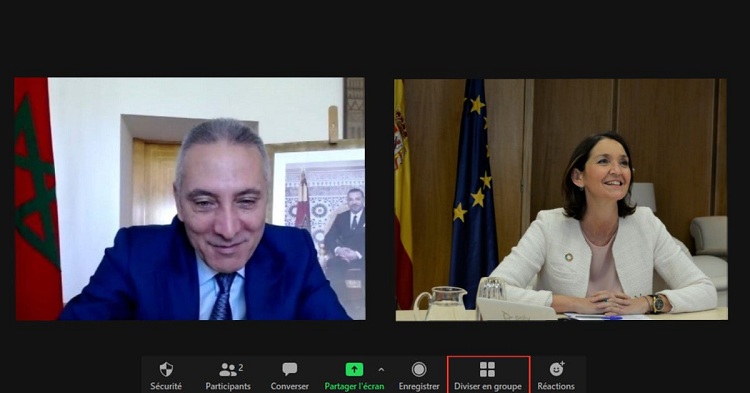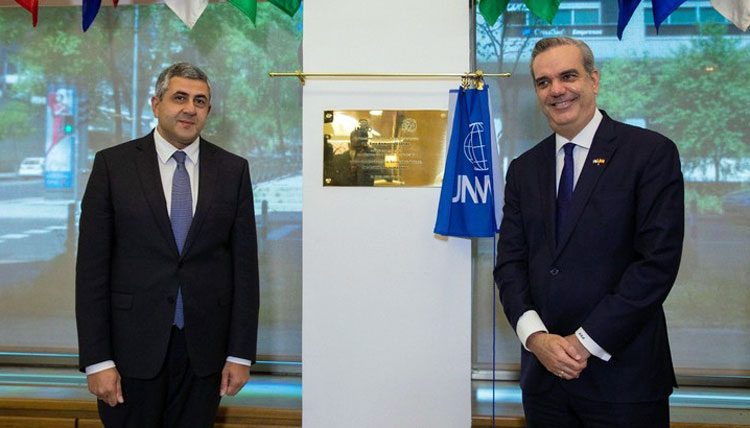Eduardo González
The Governments of Spain and Morocco have embarked on a series of bilateral preparatory meetings for the High Level Meeting, which continues to be postponed sine die because of the pandemic.
Last December, the two governments announced their decision to postpone until February 2021 the bilateral High Level Meeting scheduled for the 17th of that month. The announcement of the postponement came at a particularly strained moment in relations between the two countries, after the then President of the United States, Donald Trump, decided to recognize Morocco’s sovereignty over Western Sahara and the then Second Vice-President of the Government, Pablo Iglesias, openly defended self-determination for the former Spanish territory.
To this was added statements by the Moroccan Prime Minister, Saadeddine El Othmani, in which he assured that his government was willing to “reopen” the dispute over the sovereignty of the “Moroccan territories” of Ceuta and Melilla when it managed to resolve “definitively” the conflict in Western Sahara. This diplomatic incident was responded by Spain with the urgent summoning of the Moroccan ambassador, Karima Benyaich.
In spite of this, since the postponement took place (which has been extended beyond what was initially planned, since the bilateral summit could not be held in February either), the two governments have insisted that the decision was due exclusively to the fact that the health security guarantees were not given because of the epidemiological situation of COVID-19.
Diplomatic sources have assured that, for the moment, there is still no “time frame” for the summit, since, in addition to Rabat’s decision to close air, sea and land connectivity with many countries, including Spain and France, Morocco is in the middle of the holy month of Ramadan. In any case, they specified, the bilateral meeting will be held “as soon as possible, as soon as circumstances permit” because “there is no structural factor or anything concrete” that prevents it. The same sources have specified that relations remain “close and continuous” and that contacts between the two governments to prepare the summit are “constant”.
These contacts have resulted in a long series of bilateral ministerial meetings by videoconference, which started last February 23 with an interview between the Minister of Foreign Affairs, Arancha González Laya, and her Moroccan counterpart, Nasser Bourita, in which the bilateral summit was discussed, precisely, but without setting a date.
In addition to the meeting held on April 16 between the Minister of Industry, Trade and Tourism, Reyes Maroto, and her Moroccan counterpart, Moulay Hafid Elalamy, the two governments have scheduled an intense program of ministerial meetings for the coming days: the Minister of Transport, Mobility and Urban Agenda, José Luis Ábalos, will meet tomorrow, April 21, with the Moroccan Minister of Transport, Abdelkader Amara; the Minister of Education, Isabel Celaá, will meet her Moroccan colleague, Said Amzazi, on April 28; the Minister for Ecological Transition and Fourth Vice-President of the Government, Teresa Ribera, will meet with the Moroccan Minister of Energy, Aziz Rebbah, on April 29; and the Minister of Agriculture, Luis Planas, will hold an interview with his Moroccan counterpart, Aziz Akhannouch, on May 5. In addition, an interview has also been agreed between the Minister of Culture, José Manuel Rodríguez Uribes, and his Moroccan counterpart Othmane El Ferdaous, but a date has not yet been set.







